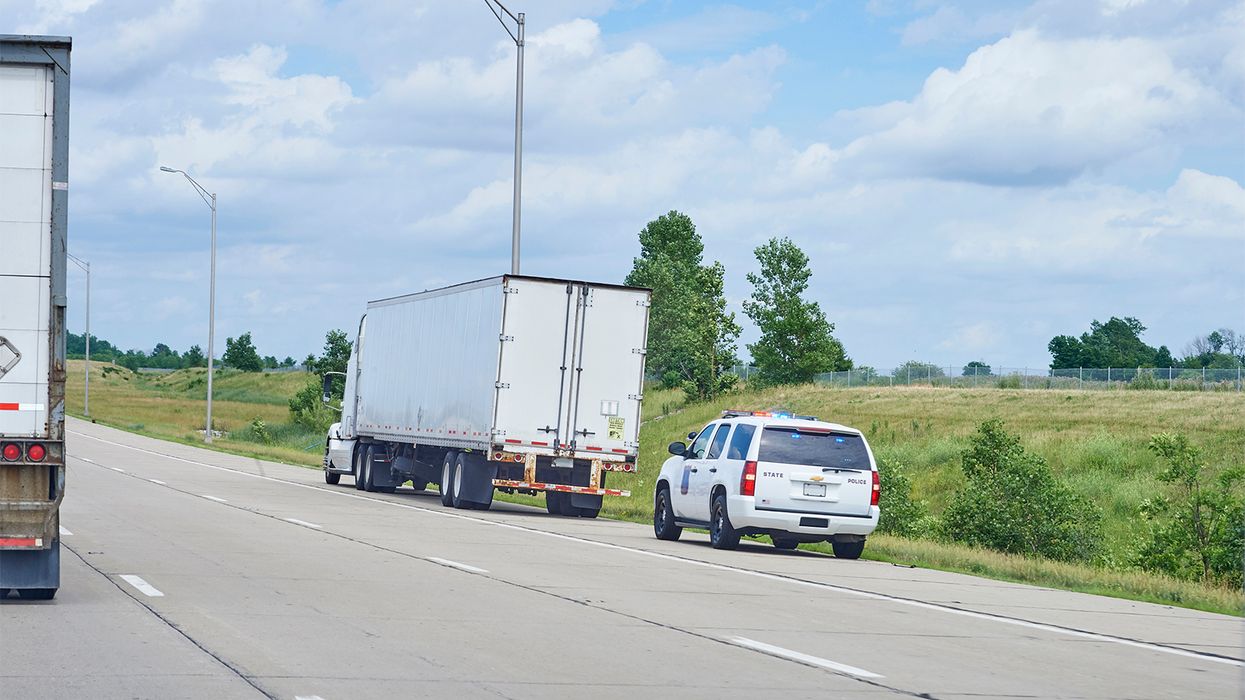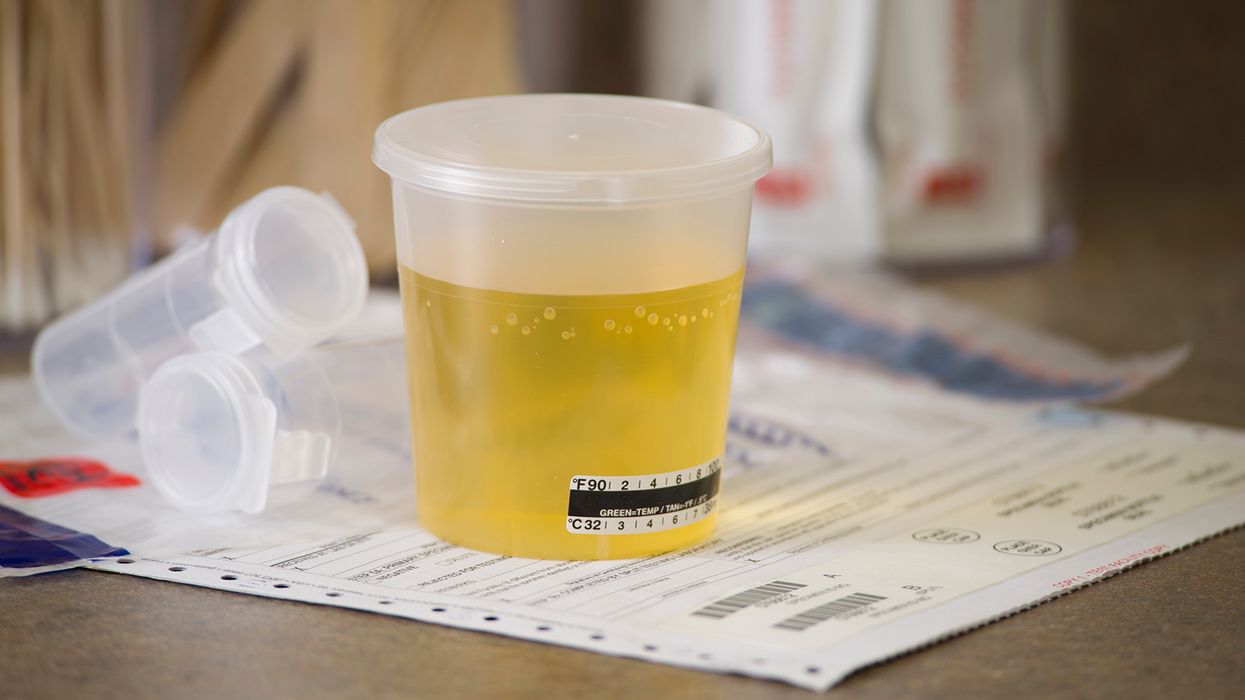FMCSA unveils new DataQs procedures, seeks input
The Federal Motor Carrier Safety Administration (FMCSA) plans to make several important changes to its DataQs system and they’re asking the public for help.
DataQs is the online system that motor carriers, drivers, and others can use to request a review of crash or roadside inspection data that the requester believes is inaccurate or incomplete, called a “request for data review” (RDR).
In 2023, the FMCSA sought input on creating a formal appeals process for DataQs, something that today is not clearly defined. The agency recently announced changes to that proposed process and put out a call for more public input.
How it works today
If a driver or motor carrier files an RDR, it gets forwarded to the agency that generated the record, such as the State Patrol in the case of a crash or roadside inspection. The agency then reviews the RDR, does an investigation, and makes a decision to either change the data or reject the request.
If the RDR is rejected, the requester can submit an appeal, but the state agency may require new information before reviewing the matter or may let the same people who rejected the initial RDR also review the appeal, creating a conflict of interest.
Once the appeal is decided, the state agency and FMCSA consider the case closed.
Proposed changes
The FMCSA says it wants to “improve the impartiality, timeliness, transparency, and fundamental fairness of the RDR process.” Though in 2023 it had proposed injecting itself into the appeals process, the agency now wants the states to handle it. Among other changes being proposed:
- Good-faith reviews: States must conduct a good-faith review of RDRs that are submitted within three years from the date of an inspection or five years from the date of a crash, and must have established points of contact for RDRs.
- State plans: States must submit a “DataQs Implementation Plan” detailing how they will process RDRs and how they will address any existing or future backlog of RDRs. The plan would have to be made public and be reviewed and updated annually.
- Appeals: Requesters will be allowed two appeals. When a state receives an initial RDR, a first-level appeal (known as a “reconsideration review”), or a request for a “final review,” the state will be expected to open the request within seven days of submission and then respond within 21 days, or 30 days for a final review. If the state requests more information, the requester will be given 14 days to provide it, and the clock will stop while the requester gathers additional information. Requesters are expected to have a valid reason for any appeal.
- Rejections: When a state closes an RDR or appeal without correcting any data, the issuing officer/inspector cannot be the sole decisionmaker and the state must explain the facts and analysis supporting the decision.
- Expertise: Appeals must go before a person or panel with “appropriate subject matter expertise” and cannot be reviewed or decided by the issuing officer/inspector nor their direct supervisor. A “final review” must be done by someone outside the chain of command for the issuing officer/inspector, and a panel may be used to provide recommendations to that person.
The state’s decision would be considered final by the FMCSA after the state’s final review is complete.
States that fail to live up to their DataQs obligations would be at risk of losing highway funds.
Five questions
The FMCSA is asking for input on five key questions related to their proposal:
- What are the potential benefits and challenges of the proposed changes?
- What challenges will states face in adhering to the timelines for each stage of the RDR process? How should delays be handled?
- How should states be held accountable for compliance?
- If a requester doesn’t respond with additional or proper information when requested, how should the RDR be handled?
- To what extent should FMCSA define the criteria for a “valid reason” for an appeal?
Comments may be submitted online until September 2, 2025, at www.regulations.gov under docket number FMCSA-2023-0190.
Key to remember: The FMCSA is proposing improvements to the DataQs system, and now’s your chance to weigh in.





















































